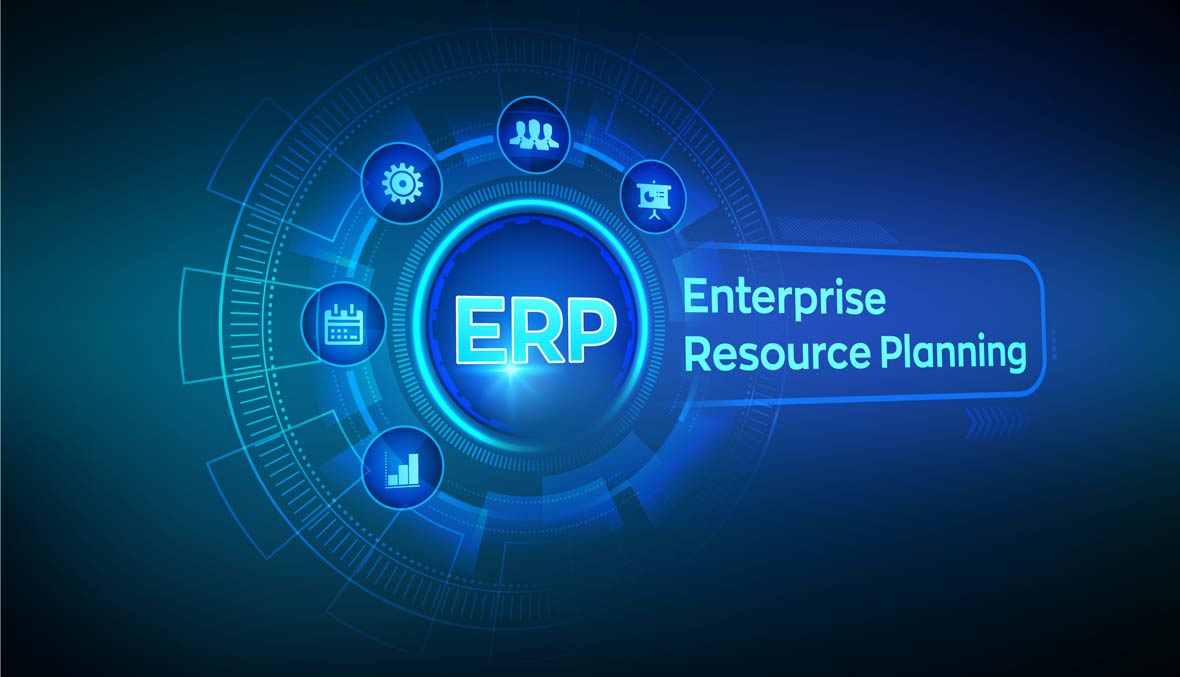6 Signs That You Have Outgrown Your ERP System

- March 14, 2023
- Jhansi Rani
- 0
Outgrowing your ERP system means that your current ERP software can no longer meet your organization’s needs due to its limitations. As your business grows and evolves, the ERP system that once worked well for you may need help to handle the increased data volume, complex processes, or new functionalities required to support your operations. This is a natural part of business growth and evolution and signals the need to re-evaluate your technology infrastructure. Consider upgrading or replacing your ERP system & proactively managing ERP System Implementation to improve operational efficiency and position your business for continued growth and success.
There are several signs that your organization has outgrown its existing ERP system. These signs include:
1. Limited Scalability
Your ERP must keep up with increased data, transaction, and user volumes as your business grow. If your ERP can’t scale, it can result in slow system performance, frequent errors, or system crashes, impacting your business operations and resulting in delays, frustrated customers, and lost revenue.
2. Inefficient Processes
ERP systems are designed to automate and streamline business processes. But, if your ERP can’t support the automation or customization required to streamline your business processes or adapt to changing business needs, it can lead to inefficiencies.
3. Data Silos
Your ERP must integrate well with other business systems to provide a complete view of your operations. Poor integration can result in data silos, where data is stored in multiple places and not shared across your organization. This can lead to manual data entry, inaccurate reporting, and a lack of visibility into your operations.
4. Poor User Adoption
If your employees are dissatisfied with the user experience, it can result in low adoption rates, low productivity, and increased errors. If your ERP system has a clunky interface, limited customization options, or requires too many steps to complete a task, it can lead to frustration and resistance to using the system.
5. Compliance Risks
ERP systems must meet all regulatory or compliance requirements. Otherwise, it can put your organization at risk of penalties, legal action, or reputational damage. For example, if your ERP system cannot track or report on financial transactions as per accounting standards, it can put you at risk of audits or regulatory fines.
6. Lack of Innovation
ERP systems must support the latest technological advancements or emerging business models to help you innovate and stay competitive. Otherwise, it can limit your ability to innovate and adopt new technologies or business models.
How Can NetSuite Address These Issues?
NetSuite is a cloud-based ERP system that can help streamline your business processes, improve visibility into your operations, and address the issues associated with a legacy ERP system in the following ways:
Scalability
NetSuite is designed to scale your business as it grows and evolves. It can manage high data and transaction volumes, support numerous users, and accommodate multiple locations, guaranteeing that your system can keep up with your company’s requirements.
Process Efficiency
NetSuite provides various automation tools that can help streamline your business processes, reduce manual data entry, and minimize errors. NetSuite includes modules for financial management, supply chain management, inventory management, order management, and more, enabling you to automate and integrate your core business processes.
Data Integration
NetSuite is built on a single platform that provides a unified view of your business operations. This eliminates data silos and enables real-time reporting and analysis by centralizing your data storage and making it available to everyone in your organization.
User Adoption
NetSuite provides a modern, user-friendly interface that is easy to use and customizable. It offers mobile access, enabling access from anywhere at any time. NetSuite also provides training and support to help you get up to speed quickly and make the most of the system.
Compliance
NetSuite is designed to meet various regulatory and compliance requirements. It includes features such as audit trails, role-based security, and customizable reporting, enabling you to meet your compliance requirements quickly.
Innovation
NetSuite is built on a flexible, cloud-based platform that allows you to adapt quickly to changing business needs, adopting new technologies and business models. It provides several integrations and add-ons that can extend the system’s functionality, enabling you to innovate and stay ahead of the competition.
Why You Need a NetSuite Solution Provider
Implementation Expertise
NetSuite solution providers have extensive experience implementing NetSuite and can help you design and configure your system to meet your unique business needs, ensuring a smooth implementation.
Customization and Integration
NetSuite solution providers can help you customize and integrate your NetSuite system with other critical business systems, such as your CRM, e-commerce platform, or warehouse management system. This can help you improve efficiency, eliminate data silos, and gain a complete view of your business.
Training and Support
NetSuite solution providers offer training and support to help your employees get up to speed quickly and make the most of the system. They can also provide ongoing support and maintenance to ensure your system runs smoothly and effectively.
Best Practices and Optimization
NetSuite solution providers have the expertise to offer guidance and recommend best practices that can assist you in maximizing the effectiveness of your NetSuite system and obtaining the highest return on investment possible. They can help you identify areas for improvement, implement new features and functionality, and ensure that your system is aligned with your business goals.
Cost Savings
By preventing typical pitfalls that can result in system inefficiencies, delays, or errors, NetSuite solution providers can assist you in saving money in the long run. They can also help you identify opportunities for cost-saving or improving efficiency.
Licensing

Services
Products
Company
Copyright © 2024 Rite Software Solutions & Services LLP. All rights reserved.



